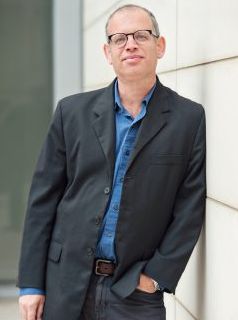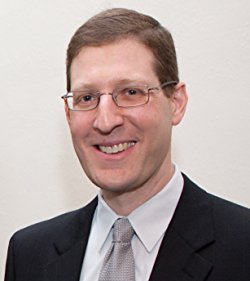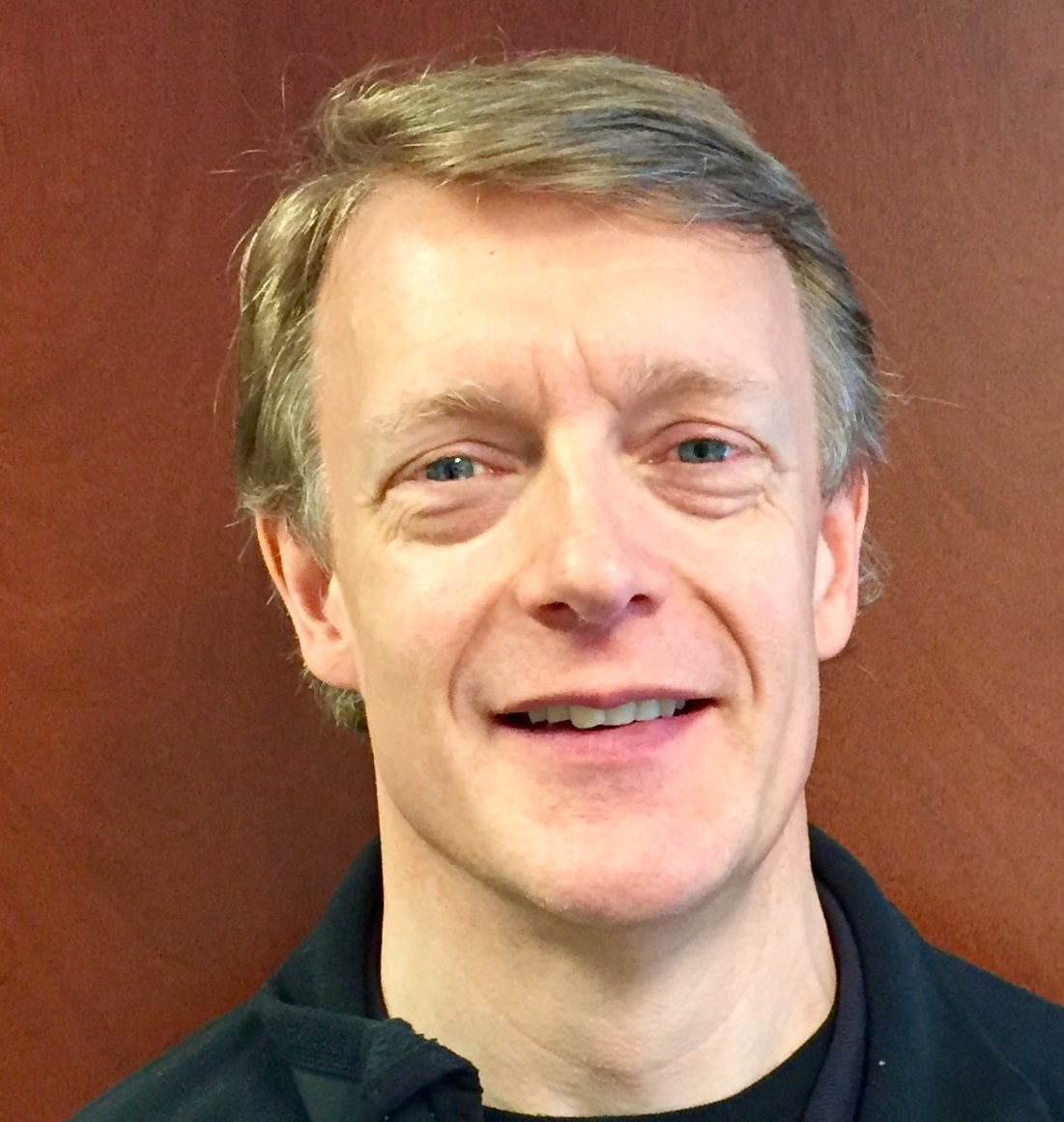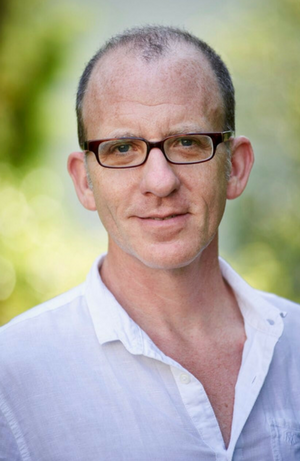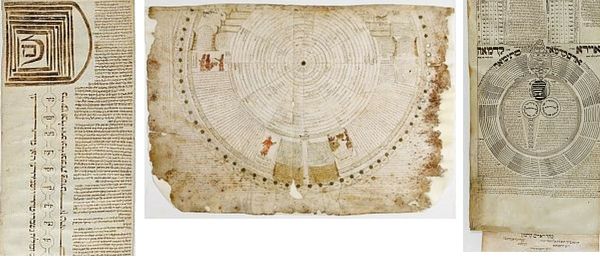Talk by Prof. Johannes Heil: Patrologia Judaica? Exploring the pre-Rabbinic Western Jewish Textual Tradition
Wednesday, November 20, 1:15-2:15 pm
Humanitites Institute Conference Room
4th-Floor Babbidge Library
This event is free and open to the public. Kosher lunch will be provided.
About the talk:
Professor Johannes Heil, President of the Hochschule für jüdische Studien Heidelberg (Academy for Jewish Studies), presents a lecture which challenges the assumption of the widespread decline of Jewish diasporic culture after 70 C.E., which is based on limited archaeological and epigraphic evidence. This lecture focuses instead on the textual culture of Western diasporic Judaism during the centuries before the reception of Rabbinic Judaism, roughly from the 4th to the 9th century, and paints a different picture of a vibrant Jewish culture in Western Europe.
An event of the Center for Judaic Studies and Contemporary Jewish Life, co-sponsored by the UConn Humanities Institute, the Department of Literatures, Cultures, and Languages, and the Medieval Studies Program. If you require an accommodation to participate, please contact Pamela Weathers at 860-486-2271 or pamela.weathers@uconn.edu.
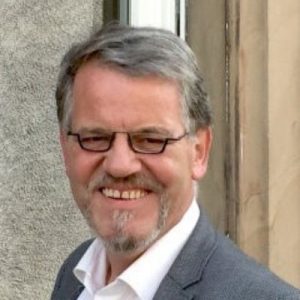
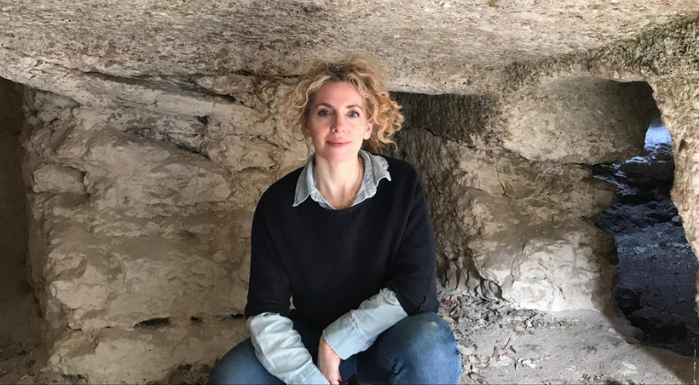
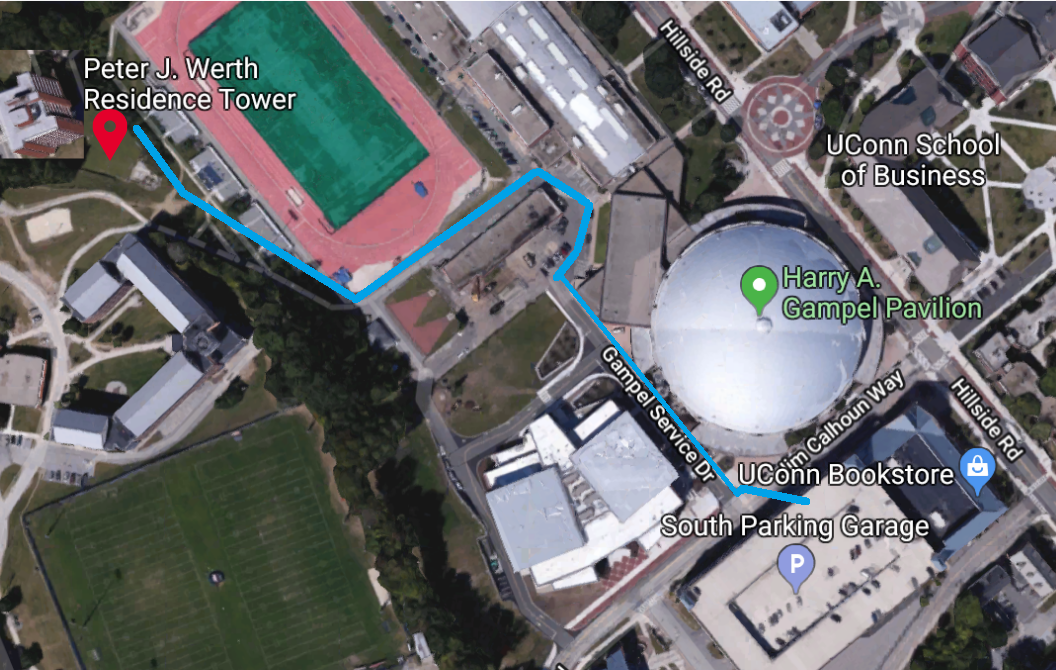 Werth Tower is a short walk from South Parking Garage (2366 Jim Calhoun Way)*
Werth Tower is a short walk from South Parking Garage (2366 Jim Calhoun Way)*
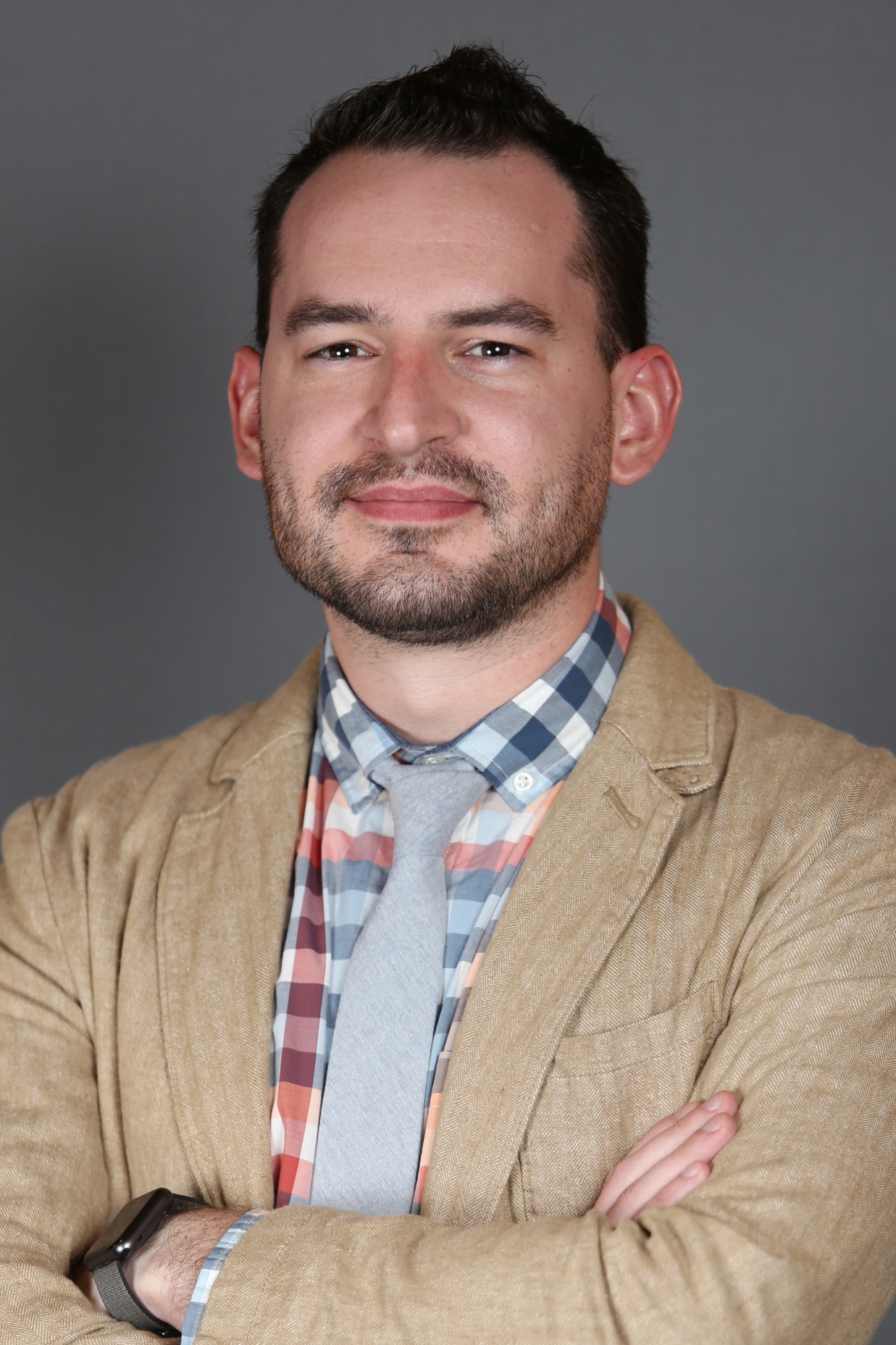
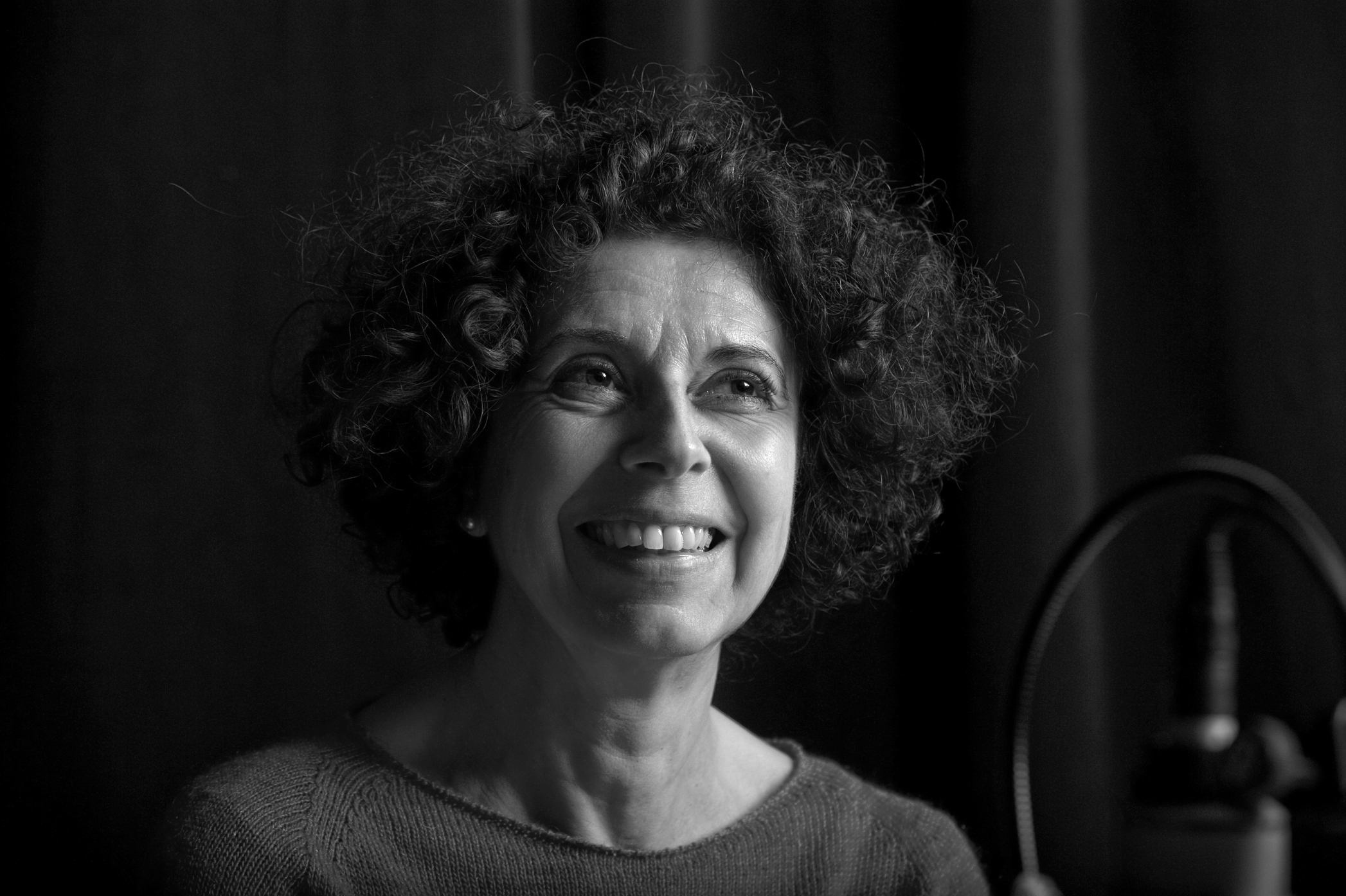
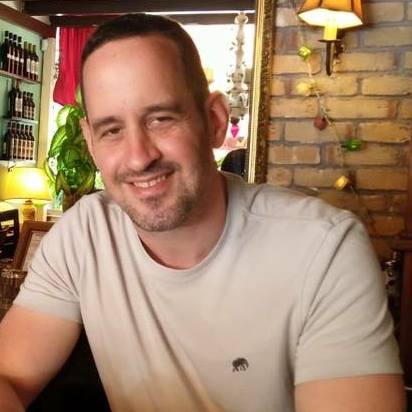
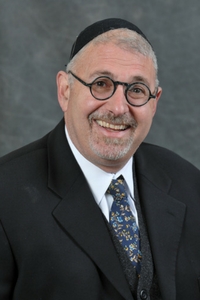 On March 5 at 12:30 pm, Professor Pinchas Giller will present "The Changing Face of Kabbalah Research" for the Center for Judaic Studies Faculty Colloquium series. The talk will be held in the Heritage Room on the fourth floor of Babbidge Library.
On March 5 at 12:30 pm, Professor Pinchas Giller will present "The Changing Face of Kabbalah Research" for the Center for Judaic Studies Faculty Colloquium series. The talk will be held in the Heritage Room on the fourth floor of Babbidge Library.